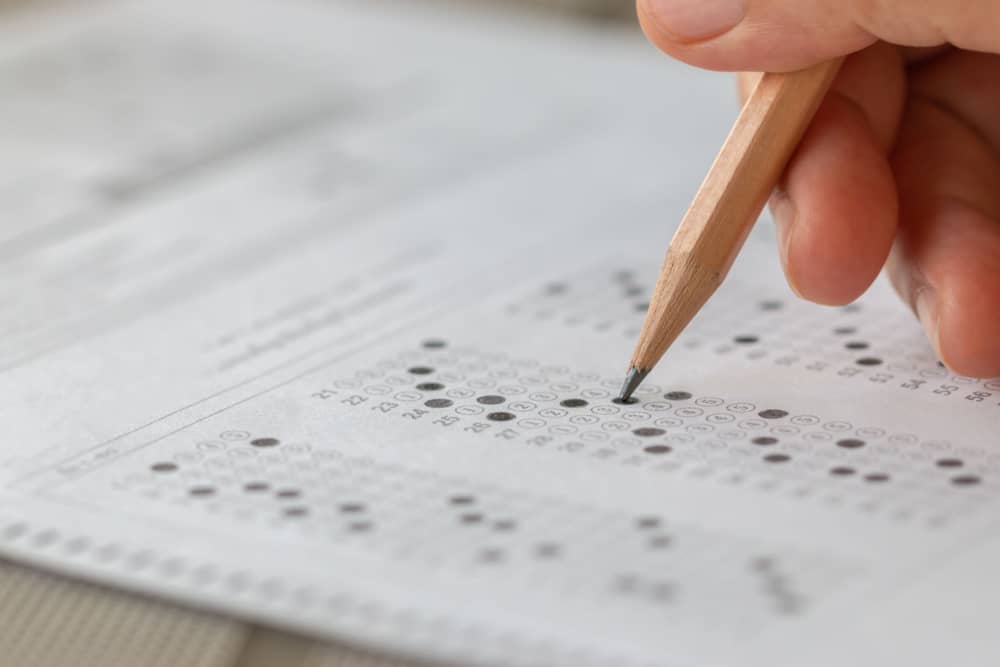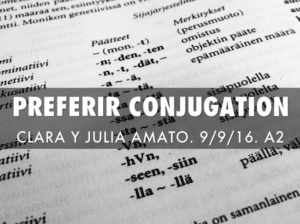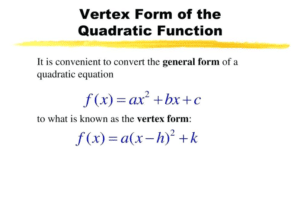The path to being an educator is challenging yet fulfilling at the same time. But in most states, having a bachelor’s degree isn’t enough.
Before immersing yourself in this noble and rewarding career, you must go through a preparation program and pass the teacher certification exam. These standardized assessments often include the Praxis and the National Evaluation Series (NES) tests.
While they may sound daunting, proper preparation and mindset can help you breeze through these evaluations. Here’s how you can approach the exam date with confidence.
Let’s start with the basics.

Common Teacher Licensure Exams
Teacher certification exams come in various flavors, depending on your state and desired grade level/subject. The most common ones are:
- Praxis Series: A widely used national assessment, it covers core academic skills, reading, writing, math, and subject-specific knowledge. If you’re pursuing certification through the Praxis exams, you’ll want to take advantage of the comprehensive resources for acing the Praxis Core exams from reputable providers. These resources often include diagnostic tests, targeted study guides, and even one-on-one tutoring to ensure you’re fully prepared.
- State-Specific Exams: Many states have their own exams that delve deeper into their curriculum standards and teaching methodologies. For example:
- California Basic Educational Skills Test (CBEST)
- Florida Teacher Certification Examinations (FTCE)
- Georgia Assessments for the Certification of Educators (GACE)
- Illinois Certification Testing System (ICTS)
- Massachusetts Tests for Educator Licensure (MTEL)
- Michigan Test for Teacher Certification (MTTC)
- New York State Teacher Certification Examinations (NYSTCE)
- NES Tests: Some states also require educators to pass the NES, including Arizona, Colorado, Illinois, Oregon, and Washington, among a few others.
Being familiar with your state’s specific requirements is important when preparing for these high-stakes licensing assessments.
Teacher Certification Exam Preparation Tips
According to a 2022 paper released by the Education Resources Information Center (ERIC), more than half of first-time licensure takers fail on their first attempt. Here are some tips to ensure you’re classroom-ready and can pass the exams with flying colors:
-
Understand The Exam Format
Before crafting a studying strategy, take some time to understand the format of your specific certification exam. Is it computer-based or paper-based? How many sections are there, and what content areas do they cover? Most testing centers provide this information online. Knowing the structure and timing will help you create an effective study plan.
-
Assess Your Strengths and Weaknesses
As you begin your exam preparations, take stock of the areas where you feel most confident and those that need more attention. This self-awareness will allow you to allocate your study time appropriately and seek out additional resources for your weaknesses.
-
Create a Study Schedule
Speaking of study plans, crafting one is crucial for success on your teacher certification exam. Determine how much time you’ll need to review each content area, and then block off dedicated study sessions in your calendar. Consistency is key – even if you can only spare an hour or two per day, sticking to a routine will keep the material fresh in your mind.
-
Utilize Comprehensive Resources
When it comes to studying for your teacher certification exam, don’t go it alone. Invest in comprehensive study guides, practice tests, and online resources tailored to your specific exam. These tools will not only reinforce your content knowledge but also familiarize you with the types of questions you’ll encounter on test day.
-
Manage Test Anxiety
No matter how well you’ve prepared, it’s normal to experience some test anxiety. To combat this, practice self-care leading up to your exam day. Get plenty of rest, eat nutritious meals, and engage in stress-relieving activities like exercise or meditation. A well-rested mind is a sharp mind. Aim for at least 7-8 hours of sleep the night before your exam.
Testing Day
On test day, arrive early, take deep breaths, and remind yourself of how far you’ve come. Once you’re seated for your teacher certification exam, employ some tried-and-true strategies to maximize your performance.
- Gather Your Supplies: Pack a valid ID, pencils, erasers, a sharpener, and a calculator (if permitted). Double-check the testing center’s guidelines to avoid any surprises.
- Plan Your Logistics: Map your route to the testing center beforehand, factoring in travel time and potential delays. Aim to arrive early to avoid last-minute stress.
- Fuel Up for Success: Eat a healthy breakfast or lunch, depending on your exam time to keep your energy levels up. Pack some light snacks and water for breaks, too.
- Gear Up for Comfort: Dress comfortably in layers; testing centers can sometimes be chilly. Avoid wearing anything with distracting patterns or sounds.
How to Answer the Exams Well

- Read Questions Carefully: Don’t rush! Take your time, and read each question thoroughly before selecting your answer. If you’re stumped, make an educated guess – there’s no penalty for incorrect answers on most exams.
- Utilize Process of Elimination: Even if you’re unsure, eliminate the answers you know are wrong to increase your odds of guessing correctly.
- Don’t Dwell on Tough Questions: If you get stuck, flag the question and move on. You can always come back to it later if you have time.
- Manage Your Time: Budget your time wisely based on the number of questions and allotted time per section. Avoid getting bogged down on any single question.
- Review Your Answers: During breaks or after finishing all the questions, go back and review your answers, especially for flagged questions.
Be ready to Answer Non-Multiple-Choice Questions
While multiple-choice questions are common, some exams may incorporate constructed-response questions, like essays or open-ended responses. For these:
- Brainstorm and Organize: Before writing, take a few minutes to brainstorm relevant points and organize your response using an outline or diagram.
- Structure is Key: Ensure your essay has a clear introduction, body paragraphs that address the prompt, and a strong conclusion.
- Support Your Claims: Use specific examples from your knowledge base or practical experience to strengthen your arguments.
- Proofread Carefully: Even a quick review can catch any typos or grammatical errors that could undermine your credibility.
Awaiting Results and Retesting (if Necessary)
The time you receive your results will depend on your specific exam. Some provide immediate pass or fail feedback, while others may take weeks.
Don’t get discouraged if you don’t pass on the first try. Most exams allow for retesting with a waiting period between attempts. Utilize this time to revisit your study materials, identify your weak areas, and consider seeking additional practice questions or prep courses.
Concluding Thoughts
By taking the steps discussed above, you’ll be well-positioned to succeed on your teacher certification exam. The teacher certification exam is a stepping stone, not a roadblock. By approaching it with the right preparation and mindset, you’ll be well on your way to becoming a fully certified teacher and pursuing an advanced career in the field.
The journey may be challenging, but the reward of becoming a licensed educator is well worth the effort. Embrace this final step with confidence and determination, and you’ll soon be standing in front of your own class of students, ready to inspire the next generation of learners.








